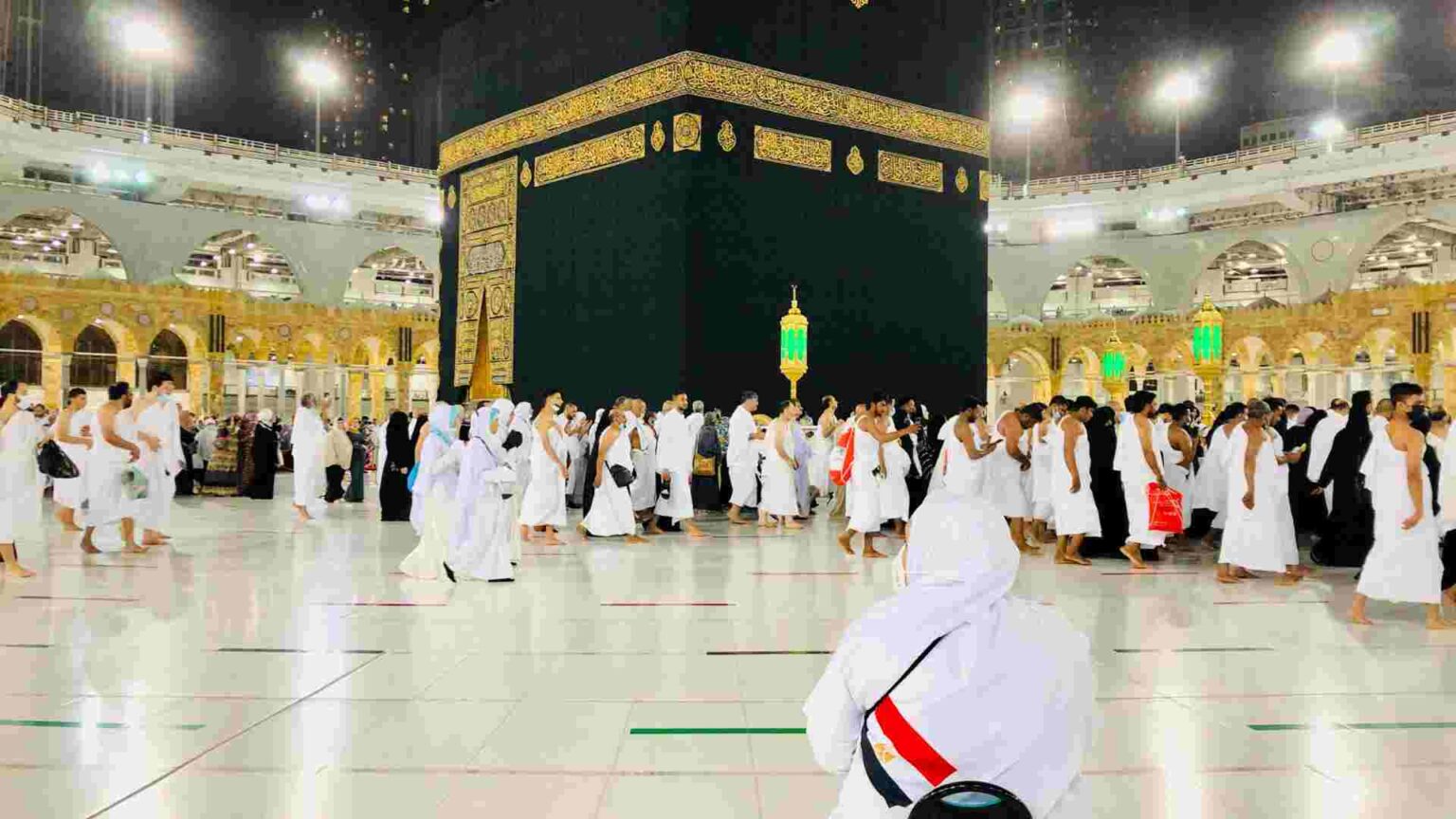This year’s Haj pilgrimage in India is set to make a record with an unprecedent surge in female registrations. Over 4,300 women have chosen to undertake the sacred journey without a mahram or male guardian.
This unprecedented surge marks the largest-ever contingent of Indian Muslim women venturing on Haj independently, sparking a transformative dialogue on gender equality and reform within Muslim religious practices.
Traditionally, Saudi Arabian law mandated that female pilgrims be accompanied by male relatives, such as husbands or fathers, for both Haj and Umrah.
However, in a significant milestone, Saudi Arabia abolished this requirement in October 2022, allowing Muslim women above the age of 45 to embark on solo travels. This progressive shift was hailed as a momentous step towards women’s rights and empowerment within the Muslim world.
Also Read: 5 Places to visit if you love Islamic History
Haj is one of the five-pillars in Islam. It is a compulsory religious duty for those physically and financially capable. Haj entails a transformative journey to the sacred city of Mecca, engaging in rituals and prayers that honor the enduring legacy of Prophet Mohammad and his family.

The Journey entails a remarkable opportunity for contemplation, spiritual rejuvenation, and seeking divine mercy. Serving as a unifying experience of one-ummah, it brings together Muslims from diverse backgrounds, emphasizing shared values and the inherent humanity that binds them.
Previously, female Haj aspirants without immediate male relatives felt disheartened, for not getting this opportunity. However, statement by Ibn-Muflih, a leading authority in Hanbali Law, in al-Furu held that a woman can perform Haj without a mahram if she ensures her safety—a ruling applicable to all righteous travelers.
Parallel to this, other Muslim scholars too have championed the cause of women pilgrims, quoting additional Hadith where the Prophet Muhammad (PBUH) mentioned instances of women traveling from al-Hira to Makkah alone in a howdah (a ride atop an elephant or camel) without their husbands, driven solely by their fear of Allah.
Historically, debates surrounding women’s travel without a mahram have revolved around concerns for their safety, particularly during more perilous times.
Scholars who prohibited such travel without a mahram did so to ensure protection and uphold their honor. However, contemporary travel methods, such as ships and airplanes, have vastly transformed the landscape, effectively mitigating the concerns.
Nonetheless, Islam has long provided women with equal opportunities to practice their faith, and now, they can truly fulfill their religious obligations on equal footing.









